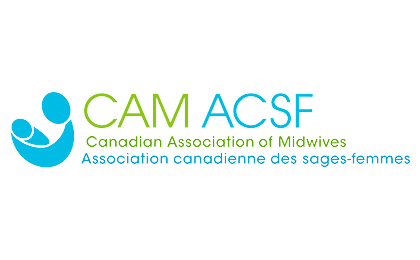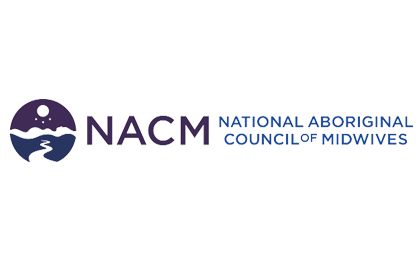Midwifery in Saskatchewan
Midwives provide a high standard of care for individuals and their families. Midwifery care is an important part of maternity care and is a choice that should be available to all families in Saskatchewan.
What is a Midwife?
A midwife is a licensed and registered health care professional who provides primary care to low-risk clients and their babies throughout pregnancy, birth, and for six weeks postpartum.
Our Scope
Midwives specialize in normal, low-risk pregnancy and birth. We assess and monitor clients and their babies during pregnancy, labour, birth and for six weeks post partum. We can provide primary care to clients who choose to birth in hospital or at home.
Throughout your pregnancy, midwives are able to order tests and assessments, such as routine blood tests and ultrasounds, as well as standard blood tests for newborns. Midwives are also able to prescribe and administer many common drugs used during pregnancy, birth and postpartum.
Your midwife will provide continuous care and support during labour and birth, and the immediate postpartum. A second attendant, either a midwife or another qualified care provider, will also attend the birth to assist as needed.
Should a complication arise at any point during your pregnancy, birth, or postpartum, the midwife will consult with specialists such as obstetricians and pediatricians.
Our Expertise
Registered Midwives who are trained in Canada have completed four years of university education that includes academic studies and extensive clinical experience through midwifery and inter-professional placements.
Midwives who are trained outside of Canada may be able to have their skills and experience assessed through an assessment program such as the International Midwifery Pre-registration Program (IMPP) or the Multi-jurisdictional Midwifery Bridging Program (MMBP). Upon completion of an assessment program the candidate would be eligible for registration with the Saskatchewan College of Midwives.
The Saskatchewan College of Midwives (SCM) governs registered midwives in the province. All registered midwives in Saskatchewan must satisfy the entry and practice requirements of the SCM in order to practice midwifery.
Midwives are trained to manage emergency situations associated with labour and delivery. They carry emergency equipment to home births, including resuscitation equipment and medications. They maintain certification in:
Did You Know?




